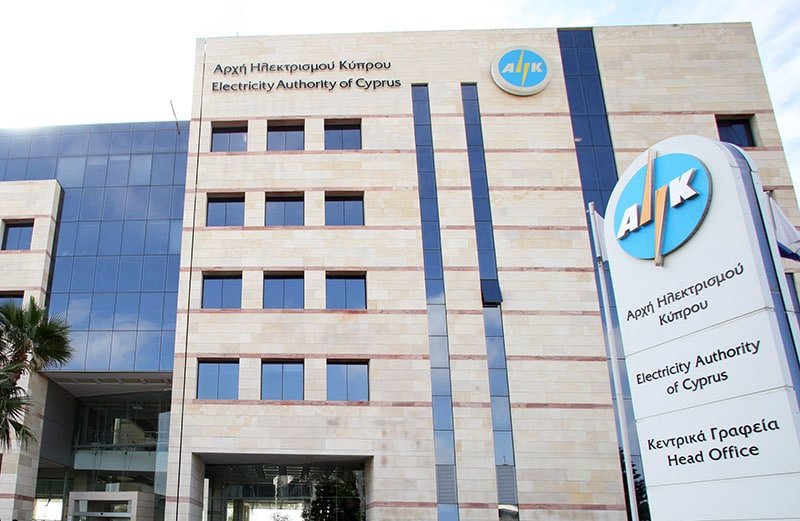Lawmakers on Tuesday reviewed various ways in which electricity bills might be reduced, including by scrapping the levying of VAT in certain cases but it remained unclear whether their proposals are feasible.
Head of the Electricity Authority of Cyprus Despina Panayiotou-Theodosiou told MPs that invoices over the next cycle (September to October) would see an average decline of 2 per cent over the previous bills.
But this slight reduction could prove to be a one-off reprieve, amid a generally upward trend in global fuel prices.
It will also come as little consolation to consumers after news that August bills were up to 38 per cent higher than the same month last year – for which the state-run power corporation has taken flak.
Disy MP Kyriacos Hadjiyiannis, chair of the House energy and commerce committee, said the VAT – 19 per cent – on electricity could be abolished where the EAC purchases fuel above the basic fuel price of €300 per metric tonne.
“In other words, after the €300 per tonne… I don’t think that the state is obligated to impose VAT on fuel prices,” he offered.
Speaking to the Cyprus Mail later, Hadjiyiannis explained that whenever an invoice features a reference fuel price above €300 per tonne, that extra charge shows up on the next bill.
Under his proposal, though consumers would still be charged the full VAT up to the €300 per tonne rate, they wouldn’t pay any VAT on anything above that rate.
Asked whether this is legally possible, he said: “We’ll find out… it will probably take a political decision.”
In parliament, the politician clarified he did not mean abolishing VAT entirely. Nor did he agree with proposals to slash the VAT charged on electricity bills to 12 or 5 per cent.
On its website the Electricity Authority of Cyprus (EAC) explains its fuel charge method:
“The cost of electricity generation depends on the cost of the fuel used in generation, which is adjusted on a monthly basis in the following way: The charge per kilowatt/hour (kWh) is included in the basic fuel price of €300/MT. For every 1 cent increase or reduction to the current price of fuel over the basic price of €300/MT, the price per kilowatt/hour (kWh) is raised or reduced in accordance with the current Fuel Adjustment Coefficient. The fuel adjustment charge includes the greenhouse gas emissions cost.”
A look at the same webpage shows that the weighted average monthly cost of fuel this year never dropped below €300. For example, in the January to February period it was 376.47; and 501.69 from August to September.
Other MPs suggested the EAC cover some of the increase in its bills by tapping its reserves – but Hadjiyiannis shot down the idea, saying this was capital intended for investment in infrastructure upgrades.
Deputies also proposed that special discount rates be made available to certain categories of consumers deemed as vulnerable groups.
Costas Costa, of main opposition Akel, blamed government policy over the years. He said successive delays in transitioning from heavy fuel oil to cheaper and cleaner natural gas, plus delays in raising the penetration of renewables in the energy mix, have led to this situation.
The first plant generating electricity from natural gas is not expected to come online before 2023.
MPs also flagged the fact that renewables projects with a combined estimated output of 700 megawatts are still pending approval from regulators. Some of these projects have been stuck in limbo for years.
Stavros Papadouris, an MP with the Greens, said parliament should summon officials from the various departments to explain why planned solar parks are not moving ahead.
In a statement later, the energy ministry reiterated its line, namely that the transition to the ‘green economy’ and liberalising the electricity market are key to driving prices down.
It went on to add generically that it was “open to dialogue with political parties, organised groups and citizens who wish to submit proposals to reduce the price of electricity.”
It pledged to assess any such proposals in a “positive and constructive light.”







Click here to change your cookie preferences